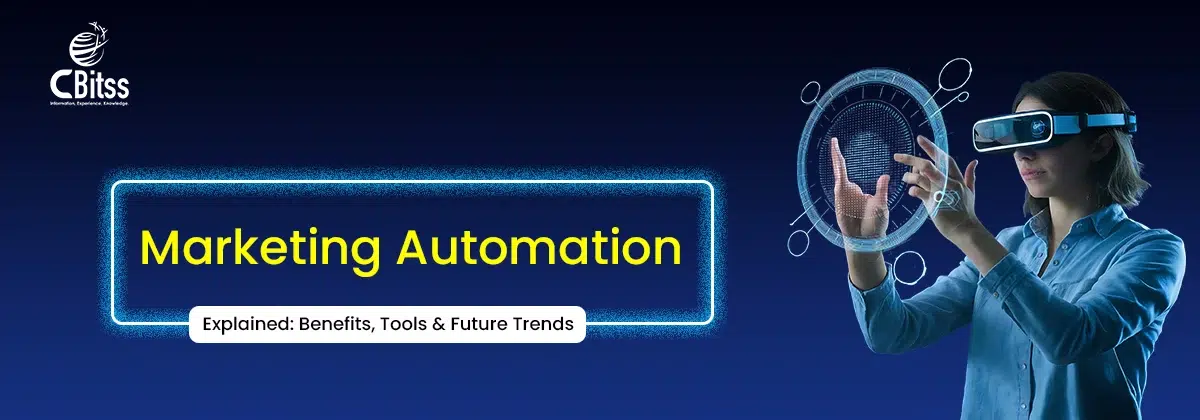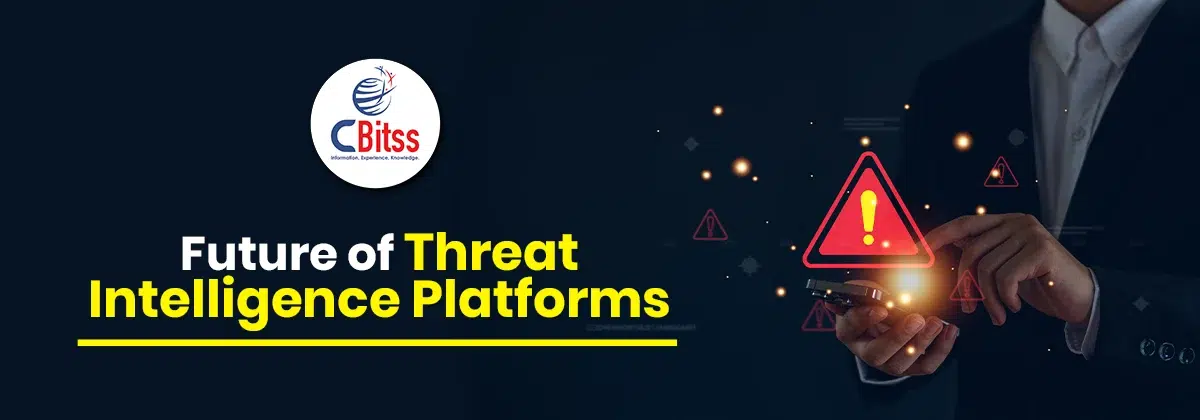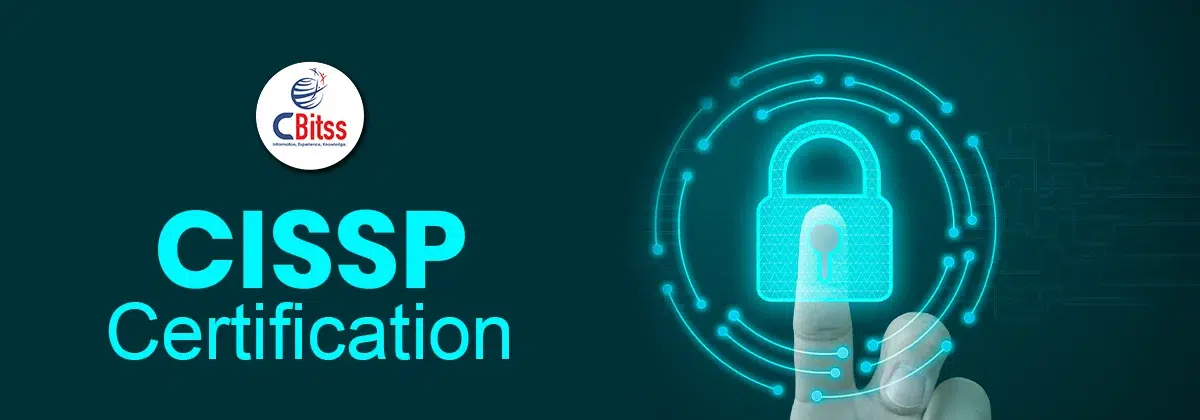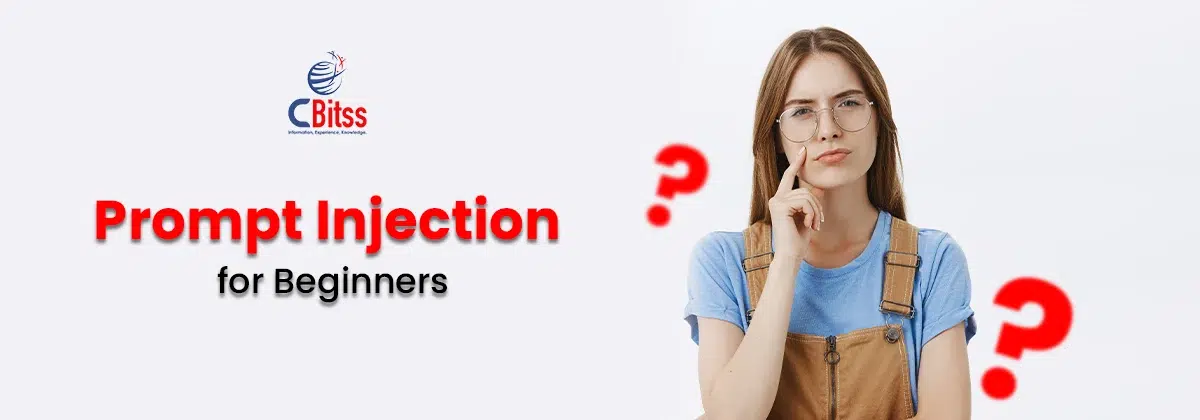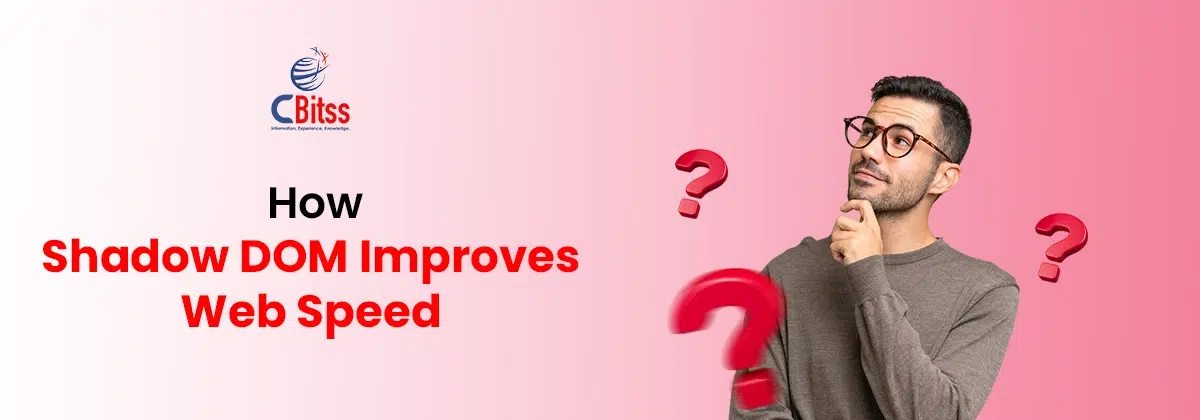Table of Contents
ToggleThe online marketing environment is continuously becoming more competitive. Customers also wish for fast responses, personal interactions, and an easy experience. Businesses have one common question: What is Marketing Automation, and how can it be utilized to stay ahead?
In simple terms, marketing automation is the use of technology to automate, streamline, and measure marketing tasks that consume hours, days to conclude. Rather than wasting time on redundant activities, organizations launch customized email campaigns, deploy in real-time lead scoring, and monitor results in real-time. By so doing, they can work more efficiently, be more consistent, and provide the customers with better experiences.
This article takes a deep dive into the meaning of this platform, how it works, and why such tools have become indispensable to modern-day companies.
Understanding the Basics
By asking what automation is in marketing, users are enquiring about what the combination of tech and strategy can accomplish that makes marketing smarter. Automation does not mean to replace people. It simply means that humans can focus on types of work that need creativity, telling stories, and planning, but the machines perform the tasks that are redundant and repetitive.
For example, marketers learning types of SEO often integrate automation to streamline keyword tracking and reporting.
Core Functions of Marketing Automation
- Audience segmentation: Automatically placing customers in categories, making it easier to find people to stay in contact with.
- Personalized campaigns: The idea here is to send messages that respond in real time depending on what the customers do.
- Lead nurturing workflows: Nurture potential customers through the workflow to the buy stage.
- Cross-channel orchestration: Conducting a campaign synergistically across email, SMS, social media, and websites.
By automating these tasks, marketing becomes consistent, easier, and more effective. Tools that support digital marketing for business often include these functions out of the box.
What is Email Marketing Automation?
Among the most common questions businesses ask is: What is email marketing automation? This idea comprises using software to generate, schedule, and deliver emails on the basis of the conduct of the customers towards the business or before set rules are activated.
Actual Use Cases in Email-Marketing Automation
- Welcome Sequences: Welcome sequence or automated introduction to fresh subscribers.
- Cart Abandonment Emails: Nudging customers who left products in their cart.
- Post Purchase Follow-ups: Requesting to review & recommending complementary products.
- Re-Engagement Campaigns: Reconnecting with inactive subscribers.
Its benefit is straightforward; businesses can deliver the correct message, at the appropriate time, to the anticipated audience, without making efforts every time. This is a core skill in any top digital marketing institute curriculum.
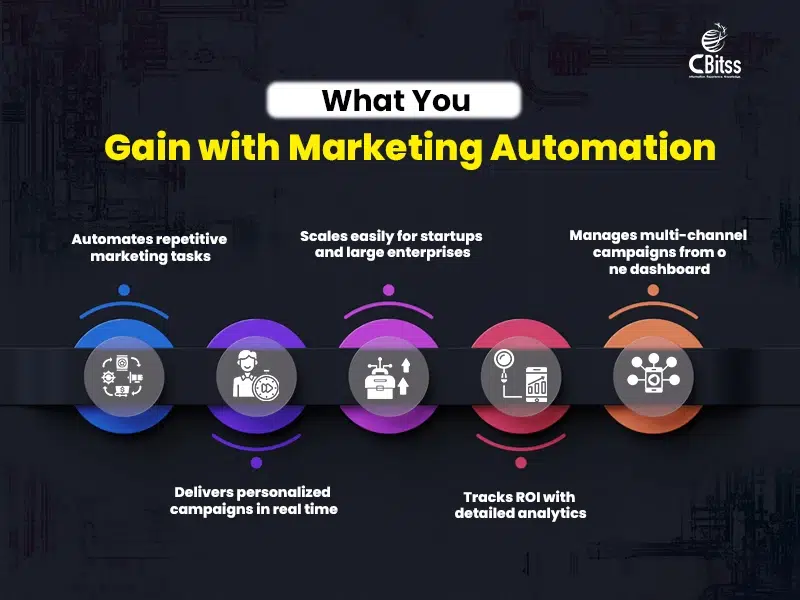
What is Marketing Automation Software?
Now, let’s understand the most common puzzle: what is marketing automation software?
This software is the backbone of automation, where the marketers are given tools to design the flows as well as customer journeys, and at the same time, analyze the performance.
Key Features of Marketing Automation Software
- CRM Integration: Making sales and marketing cross-referenced.
- Advanced Analytics: Monitoring clicks, conversions, and ROI.
- Lead Scoring Models: Prioritizing the leads depending on the interest.
- Multi-Channel Campaigns: The ability to control social media, email, and ads using a single dashboard.
- Behavior Tracking: Reading how users respond to your brand.
Popular options include HubSpot, Salesforce, and Marketo. Many professionals preparing for Amazon PPC ad campaigns also rely on marketing automation software to connect ads and email follow-ups.
Why You Need to Understand What is a Marketing Automation Platform?
To businesses that are new to automation, the greatest concern is What is a Marketing Automation Platform?
Simply put, it is a centralized system whereby all the marketing processes can be automated, managed, and analyzed. Rather than having several applications to check the emails, social media, analytics, and customer segmentation, every tool could be combined into one environment.
Advantages of having a marketing automation platform
- Efficiency: Spend less time on repetitive tasks.
- Scalability: Who can handle hundreds of interactions at the same time?
- Personalization: Customize campaigns in real-time.
- ROI Optimization: Measure what is working and drop what is not.
Marketers aiming to create winning PPC landing pages often depend on such unified platforms.
Common Misconceptions About Marketing Automation
Despite its growing popularity, misconceptions still exist
- They say, “It’s only for big companies.” In fact, small businesses can also enjoy budget-effective tools.
- “Automation makes marketing impersonal.” If this happens, it does allow more personalization at scale, at least.
- “It is too complicated to put to use”. Most modern platforms offer user-friendly interfaces and training resources.
A strong grasp of UI and UX importance helps marketers design automated journeys that still feel human.
Join interactive sessions designed to help you understand and apply automation strategies.
How to Implement Marketing Automation?
If you are thinking of automation, here is a 6-step roadmap
1. Frame Goals: What does it lead generation, retention, or customer engagement?
2. Select the Appropriate Software: According to the budget, capabilities, and growth potential.
3. Integrate with CRM: Make data flow easily between data sets.
4. Create Workflows: Create automated lead and customer journeys.
5. Test and Optimize: Track performance and tweak strategies.
6. Scale Up: Expanding will automate in several channels.
These steps mirror the process used by teams that study simple web design tips to ensure automation complements website performance.
Build automation workflows, track performance, and strengthen your profile in digital space.
The Rise of Marketing Automation in 2025
Marketing automation has evolved well beyond drip emails. By 2025, it will be an AI and IoT-powered and predictive tool that has become smarter and more self-reliant than ever before.
Below are the Key shifts in 2025
- AI in the Center: The AI now forecasts customer intent and automatically adjusts campaigns.
- IoT-Powered Journeys: Enabled devices send a user into an action, like a wearable or smart home environment, and smart home technology triggers the real-world campaign actions.
- Autonomous Campaigns: Systems autonomously spend money on advertisements, test, and optimize.
- Subscription Retention: Churn models help to forecast churn and auto-initiate re-engagement campaigns.
Professionals exploring graphic design jobs also leverage automation to maintain brand consistency across multiple creative channels.
The Future of Marketing Automation
- AI Agent-Orchestration: Orchestrated by independent AI agents, who will take complete campaigns through to their conclusion.
- Privacy-First Personalization: Consumer Trust is increasing in the importance of privacy-first personalization as automation finds the thresholds that balance personalization with ethically-responsible use of data.
- Human + AI Collaboration: Marketers and AI will collaborate to create campaigns on a large scale and with loads of creativity.
- Voice & Conversational Automation: Voice and conversational automation will increase the area of engagement.
- Predictive journeys: The platforms would map customer journeys in advance and act before any intent is even exhibited.
What is Automation in Marketing for the Future?

Conclusion
So, what is Marketing Automation at its most basic? It is a clever utilization of software to automate, better, and expand marketing activities.
Learning what is marketing automation platform, and what marketing automation software has become, an essential, not just an option.
It is also fair to accept that it has become a necessity in the current competitive landscape. Companies that implement it earlier can have a decisive advantage since it saves time, enhances customer experiences, and increases sales. The time has come to investigate automation tools and the way they can change your marketing strategy.
Whether you’re a small business looking to nurture leads or an enterprise seeking to scale globally, automation ensures that your marketing is smarter, faster, and more effective.
Struggling with Marketing Automation?
You don’t have to figure it out alone. Our team at CBITSS helps you learn, implement, and master the best automation platforms, so you can save time and grow faster.
Discover how PPC essentials, AI tools, and marketing automation combine to create campaigns that convert.
Reach us at +91 99887-41983 or check out our website to get started today.

Sukhamrit Kaur is an SEO writer who loves simplifying complex topics. She has helped companies like Data World, DataCamp, and Rask AI create engaging and informative content for their audiences. You can connect with her on LinkedIn.



